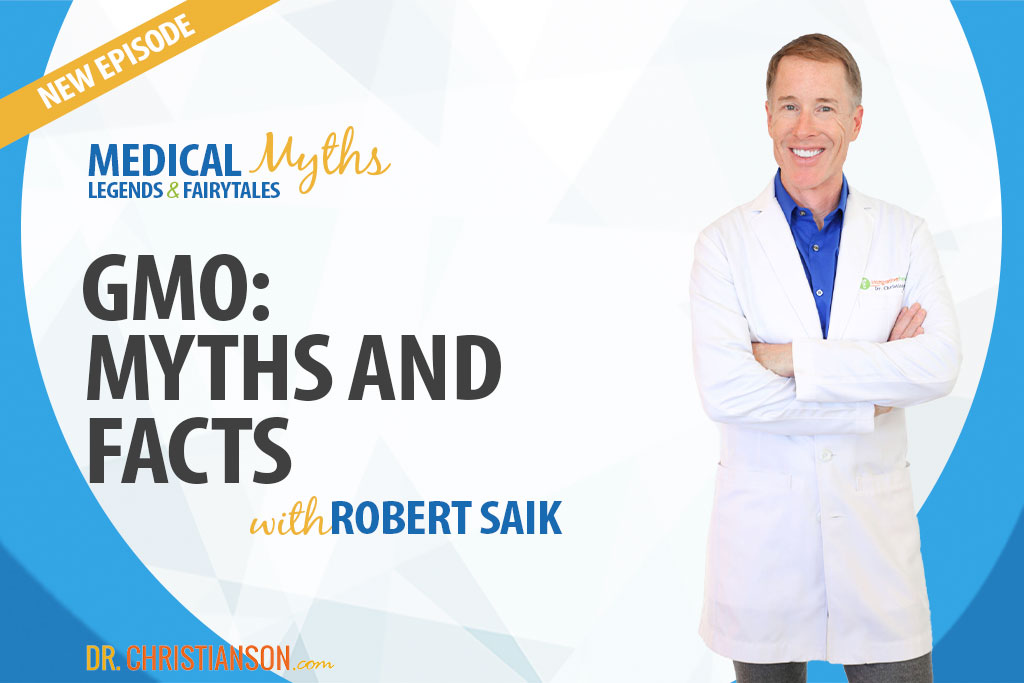When your antibodies are very high, they may be factors leading to symptoms in your body, and they also are affecting the risk of heart disease. Additionally, they can also change the risk of disease progression.
So, please be aware of them. And, if they are extremely high, know that it is important to track them so you can keep a close watch over them.
Free Hormones (T3 and T4)
Here’s an important distinction: Sometimes, you may come across something that says only “T4” and not “free T4.”
That is the same as what we call “total T4.” While it is not bad, it is a little bit less accurate than we might otherwise want. That’s because some T4 is active, and some is inactive, and the total just shows both of them.
In most cases, we prefer the specific free T4 reading (Read More: My complete guide to testing your thyroid and optimal ranges).
There is a similar story when it comes to free T3. We do have some cases more relevant to Graves’ disease or hyperthyroidism, in which we like the market of “total T3.” But, as is the case with free T4, we want that specific marker.
Both of these are markers indicating how much hormone is currently in circulation in the body. But, it is helpful to know that this is what we call a “lagging indicator.”
This means that this marker moves after the TSH moves. This means that, while they are helpful to have, there are very rare circumstances where they change the big picture.
In most cases, you are already seeing what is happening based on your TSH.
Thyroglobulin (tg)
First and foremost, this is not the same as the previously-mentioned antithyroglobulin. Instead, it is a protein that can be found in the thyroid’s cells.
As thyroid cells die, their contents spill into your bloodstream. This causes those proteins to circulate, which leads us to measuring thyroglobulin.
Therefore, it is proportionate to the number of cells dying. Now, this might sound a little bit frightening, but some cell death is completely normal.
After all, there will always be some cells that are on the older side, and some “baby cells” ready to take their place. It’s basically the circle of life, and that’s okay!
But, when your thyroglobulin is really high, we can know that there are simply too many cells dying. That can be from:
- An enlarged thyroid (potentially a goiter)
- Thyroid cancer
Essentially, it is a marker of thyroid inflammation and the cell turnover rate.
Ultrasound
In my opinion, ultrasounds are underused, but I am a big fan of them. These help know whether or not the structure of your thyroid is a problem.
While you might get some sense of this through a doctor’s exam, it really doesn’t paint the full picture or result in something concrete and measurable.












